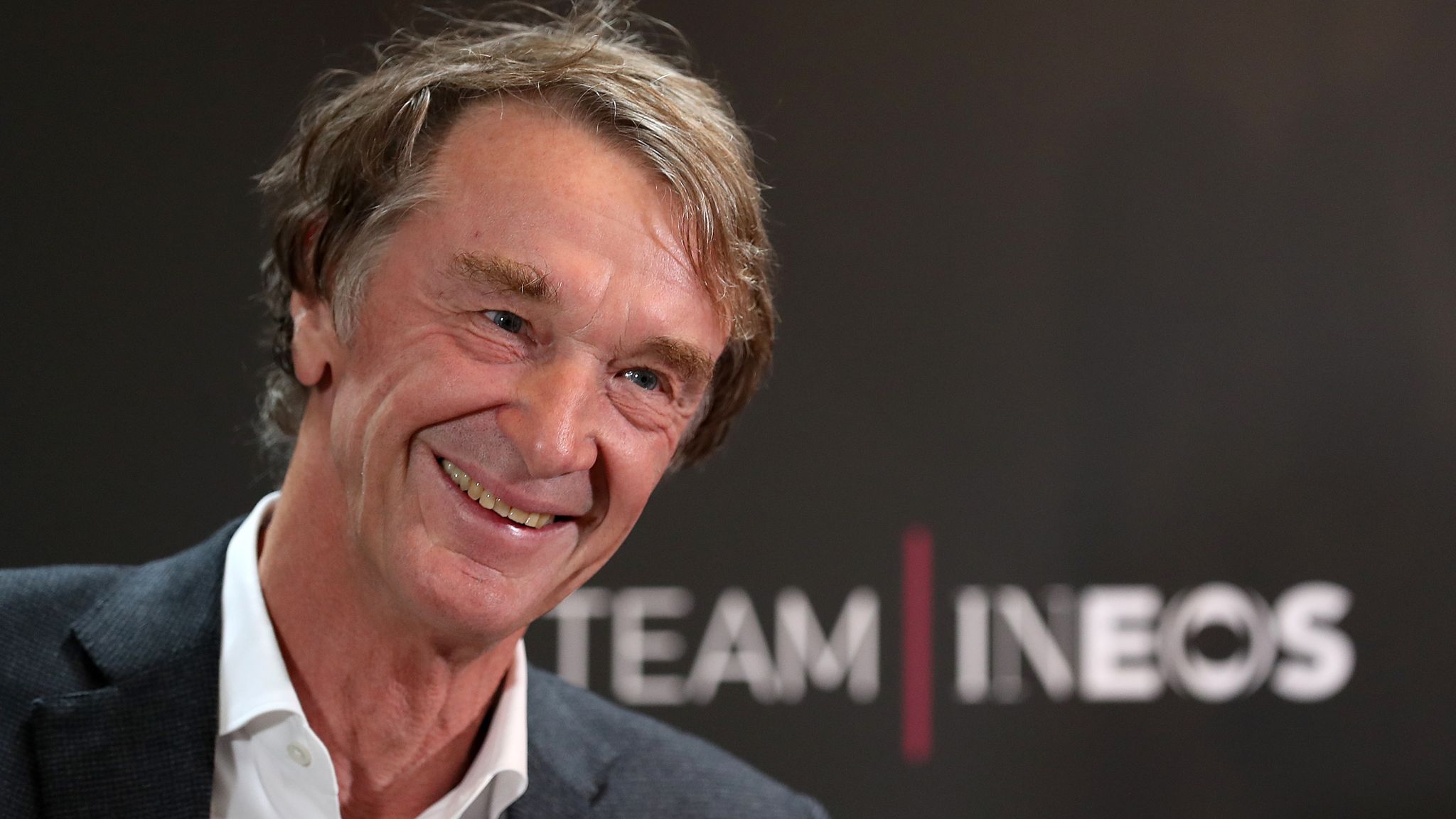
Ratcliffe renews call for action
Submitted by:
Andrew Warmington
Sir Jim Ratcliffe, founder and chairman of Ineos, has once again called on the European authorities to take “urgent action” to save its chemicals industry, which he said is “at a tipping point”. He highlighted three essential actions: removing green taxes and levies from energy costs, scrapping carbon taxes and tariff protection.
“We urgently need to bring the continent’s energy and carbon taxes in line with the rest of the world and challenge one-sided tariffs. If this isn’t done, there won’t be a chemical industry left to save,” Ratcliffe said.
Currently, 21 major European chemical sites with over 11 million tonnes/year of capacity are slated to shut down and half of Europe’s ethylene production capacity will close before 2030, according to Oxford Economics. Eight of the world’s ten largest chemical companies are scaling back or withdrawing from Europe, while output is down 30% in the UK, 18% in Germany and 12% in France.
Chemicals form Europe’s fourth most valuable business, worth €700 billion/year and employing 5 million people across the supply chain. As well as devastating European industry and security, the loss of the chemical industry would also torpedo Europe’s net zero ambitions by drawing in higher-emission imports, it is argued.
Ineos itself has just shut two production units in Rheinberg, Germany, with the loss of 175 jobs. One made allylics, the other is can electrochemical facility. The company, which has already closed two European sites, is closing another and has mothballed assets at two more, attributed this squarely to energy and carbon costs, and a lack of tariff protection. It is also cutting jobs at its acetyls plant at Hull, UK.
“Europe is committing industrial suicide,” said Stephen Dossett, CEO of Ineos Inovyn. “While competitors in the US and China benefit from cheap energy, European producers are being priced out by our own policies and absence of tariff protection. … It’s completely unsustainable and if not immediately addressed will lead to further closures, job losses and increased dependency on other regions for essential materials.”
The company later revealed that 1,4-butanediol (BDO) production at its site in Marl, Germany, “has no future” without EU and government support, despite being “one of the cleanest, lowest-carbon BDO plants in the world” and how critical BDO is the production of vital medicines. The market is now dominated by low-cost imports from China’s Xinjiang province with a high carbon footprint.
